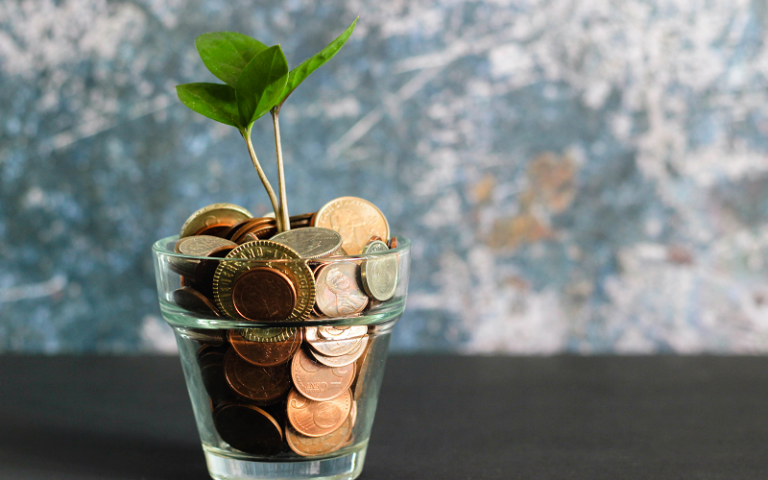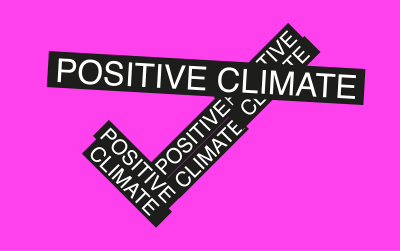Switch to ethical banking
Following UCL's lead by making a pledge to end investing in any company involved in fossil fuel extraction or production. There are lots to choose from!

21 April 2020
In December 2019, UCL divested away from fossil fuels, committing to end investment in any company involved in fossil fuel extraction or production.
Opening an ethical bank account means that you entrust your money to a bank that is concerned with the social and environmental impact of its investments and loans.
Currently, over 80% of people in the UK have their current account with one of five big banks. Unfortunately, these banks regularly receive negative ratings when it comes to ethics.
How to determine which banks are ethical
1. Transparency
Check whether a bank is transparent about where it will invest your money and read its ethical investment policies.
Do they invest in companies that manufacture nuclear weapons or finance coal mining projects and fossil fuel projects, thus enhancing global warming? If so, this might not be the most ethical bank.
2. Tax Avoidance
Another warning sign to look out for is whether a bank is paying its taxes.
Tax avoidance is an ethical concern with banks that artificially shift their profits to places with very low or zero corporate tax rates. Due to this trick, countries lose large amounts of potential tax revenue.
3. Sustainable Services
Check how the bank is incorporating sustainability into its operations. Do they have a sustainability policy or are they taking active steps to improve their impact on the environment, such as lowering their carbon footprint?
4. Read Expert Advice
Not-for-profit organisations such as Ethical Consumer, regularly rate banks for how ethical they are.
By engaging in ethical banking, you can ensure that the way you manage your money aligns with your values and that your money has a positive impact on the world.
*Photo by Micheile Henderson.
 Close
Close


